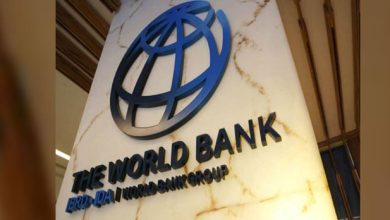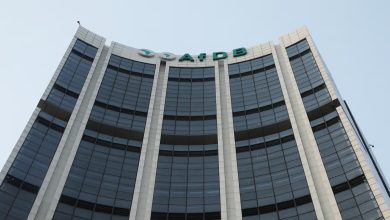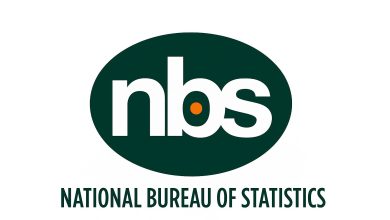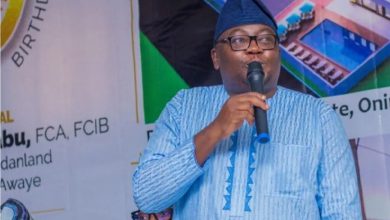FG Plans to Cut Debt Service Cost Through Cheaper Refinancing Options
The Federal Government has announced plans to ease Nigeria’s debt burden by refinancing costly loans with cheaper funding options.
Finance Minister Wale Edun said the move aims to ensure long-term fiscal stability.
The Federal Government has unveiled a plan to reduce Nigeria’s rising debt service burden by refinancing high-interest loans with cheaper funding alternatives, as part of ongoing reforms to stabilize the economy and strengthen public finances.
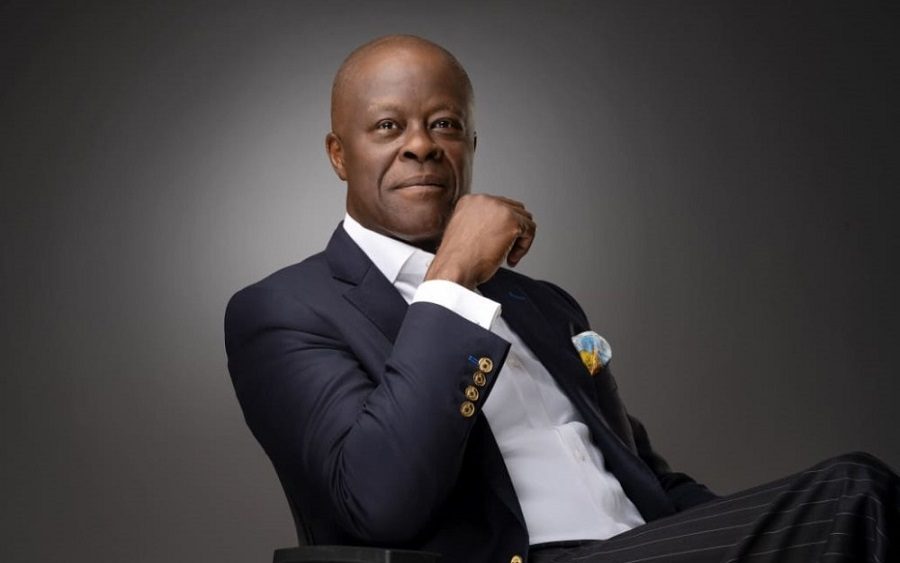
Minister of Finance and Coordinating Minister of the Economy, Wale Edun, announced this on Tuesday, October 7, at the opening ceremony of the Annual Conference of the Institute of Chartered Accountants of Nigeria (ICAN) in Abuja.
Edun explained that the administration is working to replace costly debts with lower-interest instruments to ease fiscal pressure and ensure long-term debt sustainability. “Efforts are underway to refinance expensive debt and reduce both the cost of borrowing and debt servicing obligations,” he said.
The minister noted that while government revenue has grown significantly over the past two years, by more than 70 percent in nominal terms, rising debt servicing costs have continued to strain public finances. He attributed the improvement in revenue to reforms such as the liberalization of the foreign exchange and petroleum markets, as well as automation-driven tax and revenue collection initiatives under President Bola Tinubu’s Renewed Hope Agenda.
However, Edun pointed out that high Treasury bill rates, which climbed from about 8 percent in 2023 to nearly 24 percent, alongside a sharp rise in external debt obligations, have increased fiscal pressure.
He reaffirmed the government’s commitment to building a resilient and inclusive economy through diversification, competitiveness, and private-sector-led growth. According to him, the administration’s strategic priorities include promoting non-oil exports, boosting local productivity, and protecting vulnerable Nigerians.
Edun emphasized that the government aims to achieve sustainable growth driven by private investment and productive capital formation, targeting a 7 percent GDP growth rate by 2027/2028. He added that the ongoing fiscal and structural reforms are designed to restore macroeconomic stability, reduce debt vulnerabilities, and place Nigeria on a stronger, more sustainable development path.
